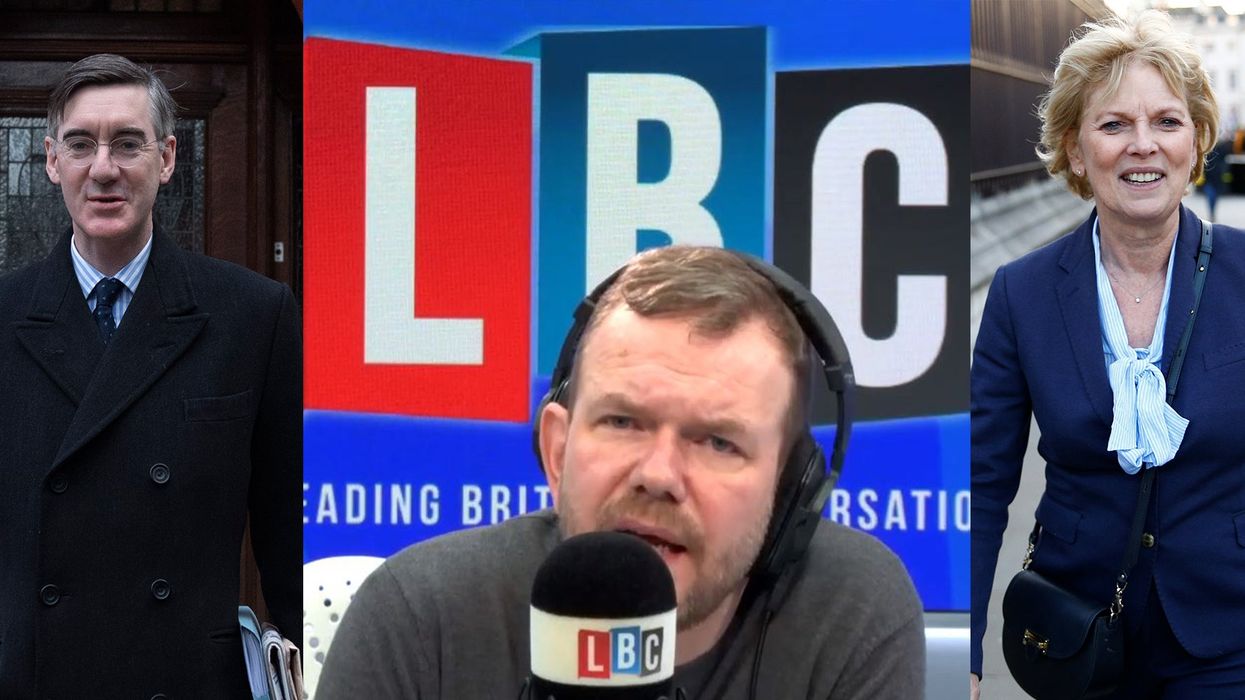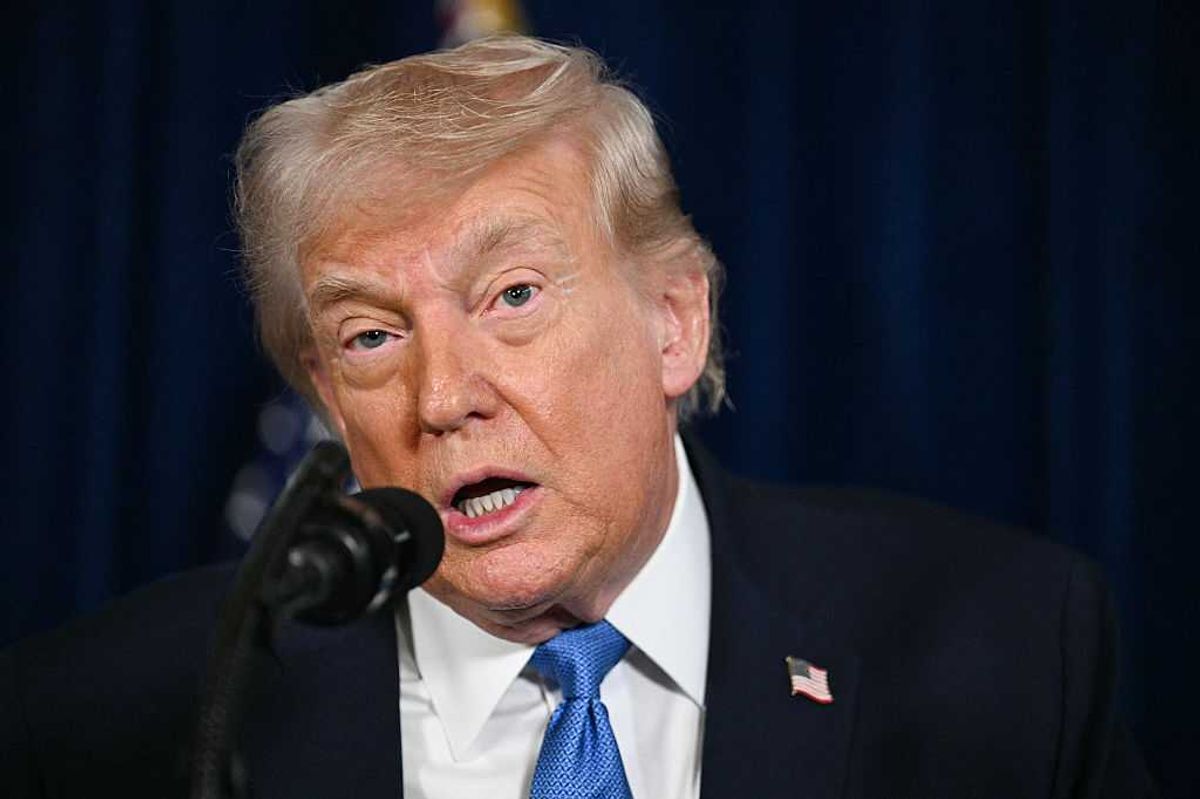News
Greg Evans
Jan 22, 2019
LBC radio host James O'Brien has become an unlikely but sensible voice of reason in the entire Brexit debacle.
Whether he has eviscerated Brexiteers denying basic facts or pointing out the sheer hypocrisy of the media, O'Brien has been one of the few people to actually talk sense in the past two-and-a-half years.
In a clip taken from earlier this month, before Theresa May's deal was rejected, O'Brien cites an interaction that he had with a woman during an on-stage talk at the Leicester Square Theatre.
He was asked who we can trust on the whole Brexit farce, which he had obviously dwelled upon and paid careful consideration to who really can be trusted on the whole deal of leaving the European Union.
You can't come up with a job description that deserves all of our trust. So who can we trust in the context of Brexit?
So I realised the question we should always ask is what's in it for them?
O'Brien then references two Tory MPs, Anna Soubry and Ken Clarke, rebels in the party who are firmly against Brexit, as examples of politicians who have little to gain by opposing Brexit.
What's in it for Ken Clarke, as he explains why he will vote for the withdrawal agreement? Damage limitation I suppose.
What's in it for Anna Soubry? She's painted a target on her back that some deeply unsavoury people have started taking aim at.
What's in it for her? She doesn't emerge from this if Brexit is somehow stopped any richer or more famous.
There's an argument that she might be a little better known but she doesn't strike me as the sort of woman who went into politics to persue celebrity.
He then goes on to focus on those individuals who are strongly associated with Brexit, like Jacob Rees-Mogg and a subtle reference to Nigel Farage, who appear to be benefitting significantly from the issue.
Now look at the people who are intrinsically associated with Brexit - ask yourselves would he be where he is today without Brexit?
Jacob Rees-Mogg has ceased to be a figure of fun for some people and become, inexplicably, someone respected. What's in it for him?
Some people point out that his investment fund is very heavily embedded in emerging economies. The two funds that are going to open up in Dublin.
The curious celebrity. He's ended up with a phone-in on LBC. Can you think of anyone else that wouldn't have got a berth on LBC because of Brexit?
He goes on to mention Sir Bill Cash, whose position on Brexit he can understand and emphasise with, but remains puzzled about what is in it for other Brexiteers.
For most so-called Brexiters, what's in it for them?
See how many are in bed with these weird right-wing lobby groups that pretend to be think-tanks and educational charities and you know they want less regulations, they want workers' rights to be reduced, they want wages to be set at how little they can get away with paying.
What's in it for a right-winger who fetishises wealth? It's very easy to answer that question. I know what's in it for them.
What about the regular everyday folks who have been listening to O'Brien and viewing the shambles that has been Brexit for the last three years? What's in it for them?
What's in it for you? Sovereignty. That's all you've got left now really. That's fine. It's not true.
It's like a flimsy bit of flotsam that you cling to because you know that the alternative is to drown in a see of your own making but that's fine I get that.
You can't pay the bills with sovereignty, you can't pay the bills with sovereignty, you can't take sovereignty to the bank and in the final analysis, it turns out that most of the people you know use sovereignty in terms of Brexit don't actually know what it means.
So, what's in it for them? I think we can usually work it out.
So, at the end of the day, who can we trust?
'Who should we trust?' asked Maureen last night. And I thought the best way to figure out who we can trust is to ask 'what's in it for them?'
If you can't see any self-advancement, self-enrichment, or self-interest, you should probably trust them.
HT LBC
More: Liz Kershaw baffles TV hosts by saying job losses are 'great news' for Brexit

Top 100
The Conversation (0)














